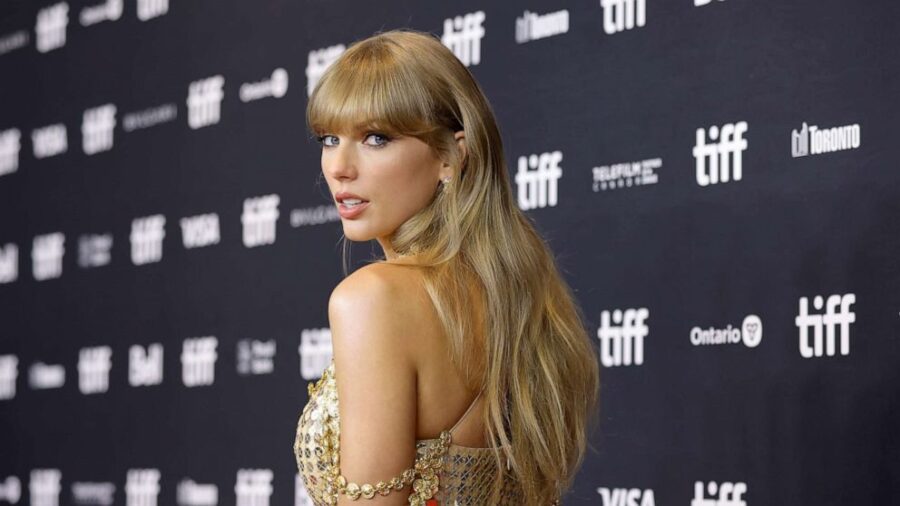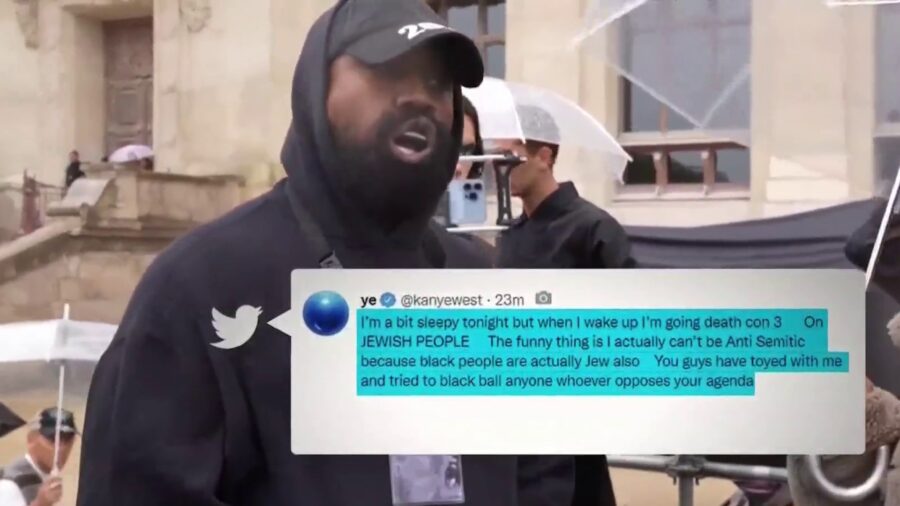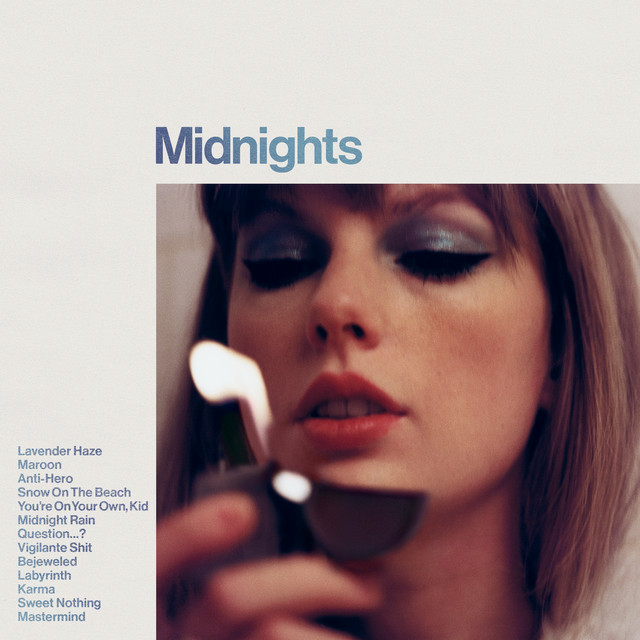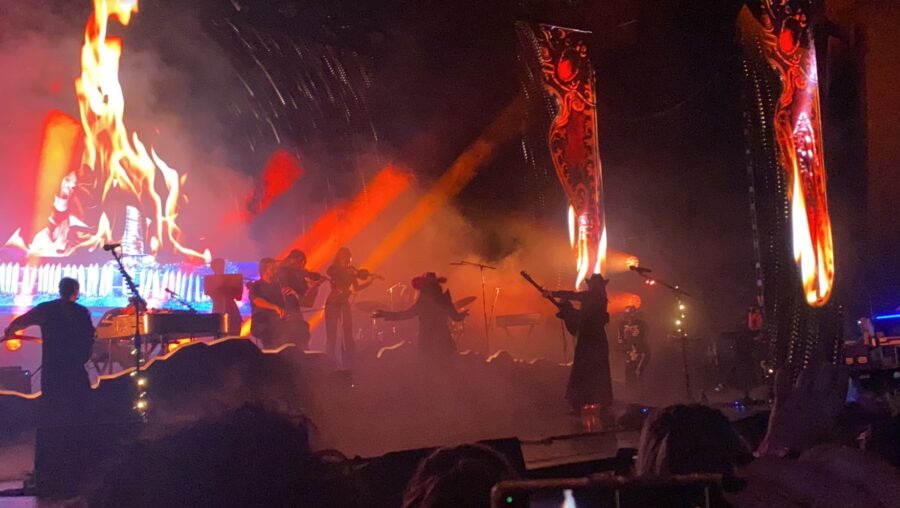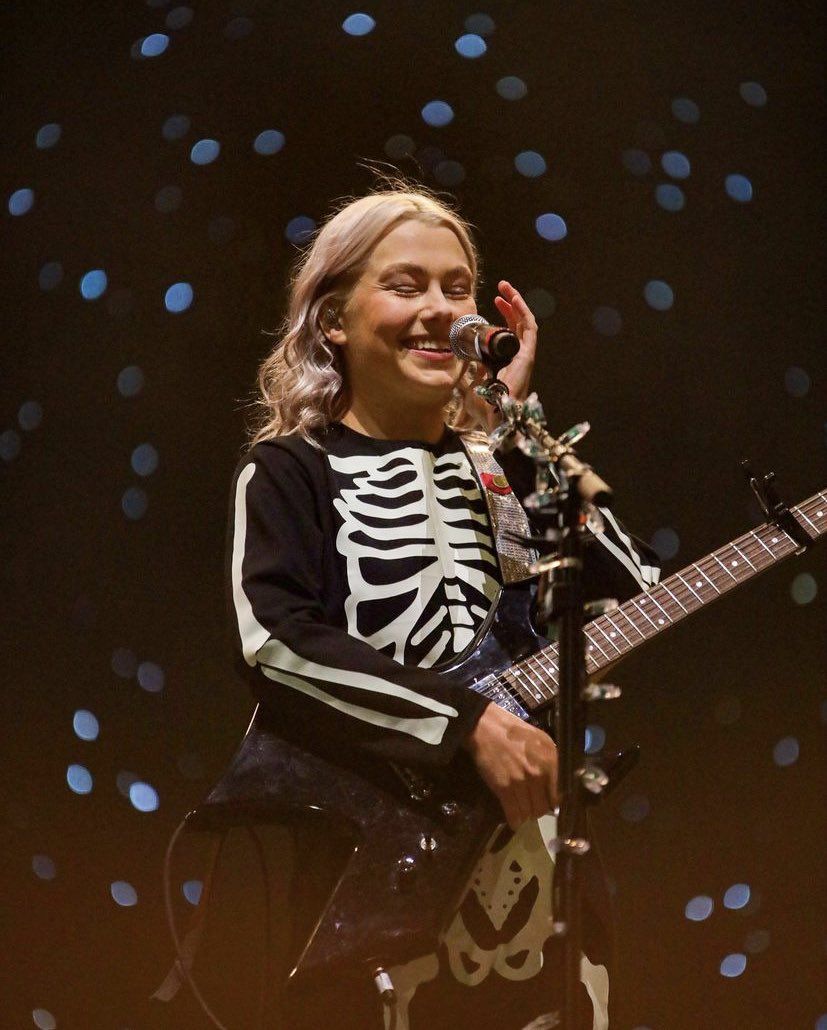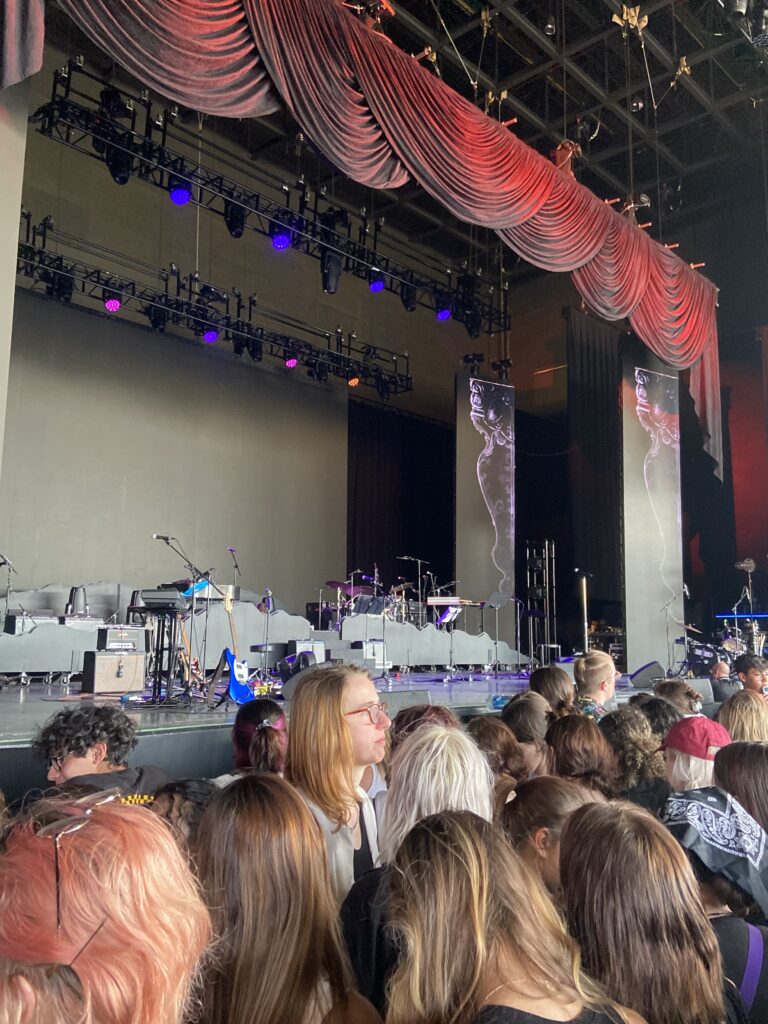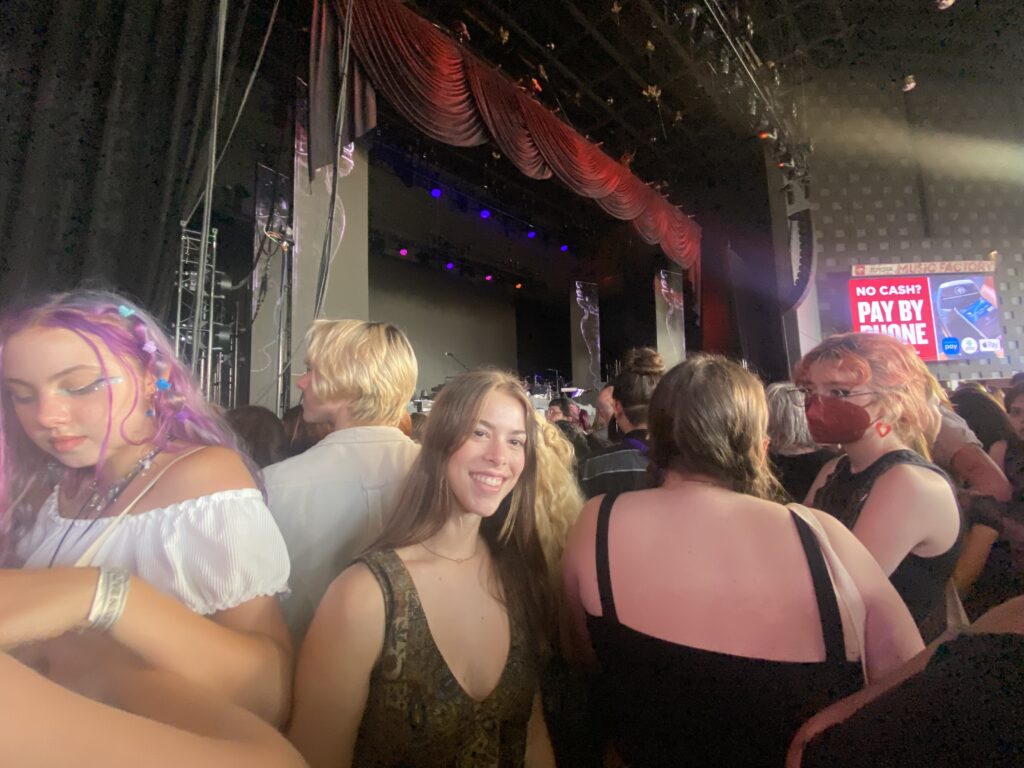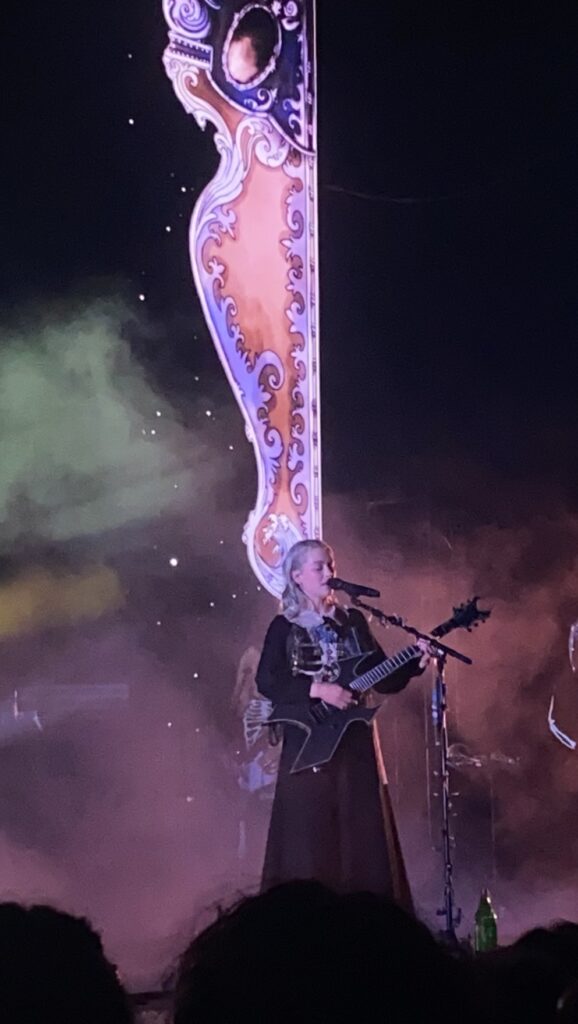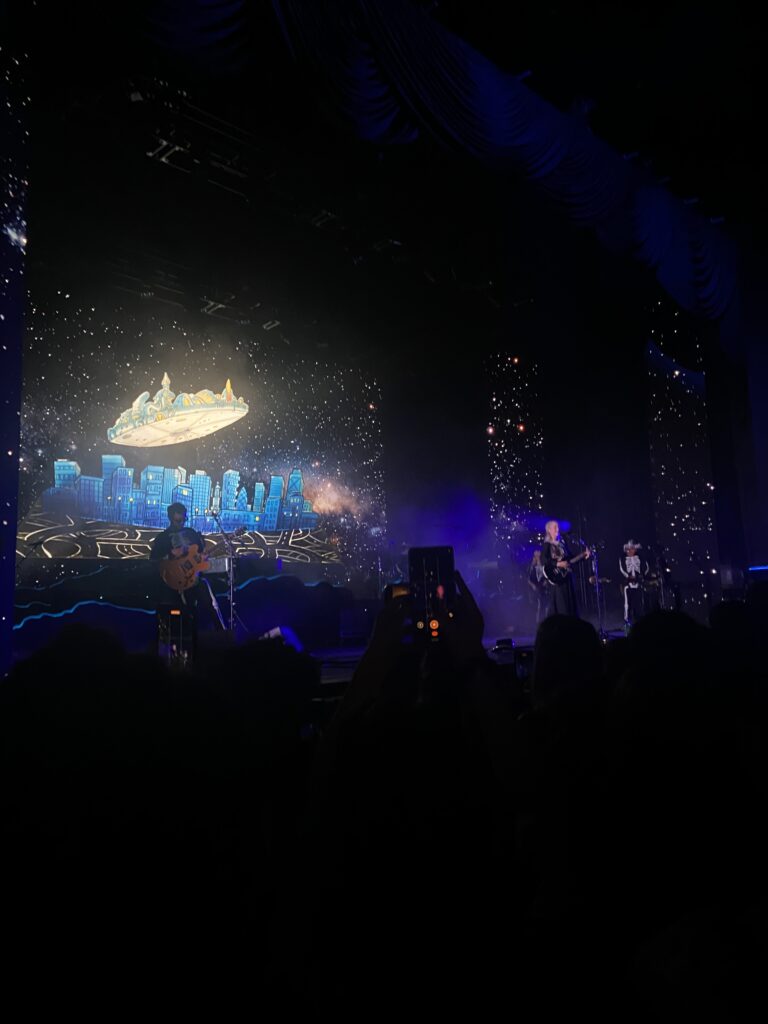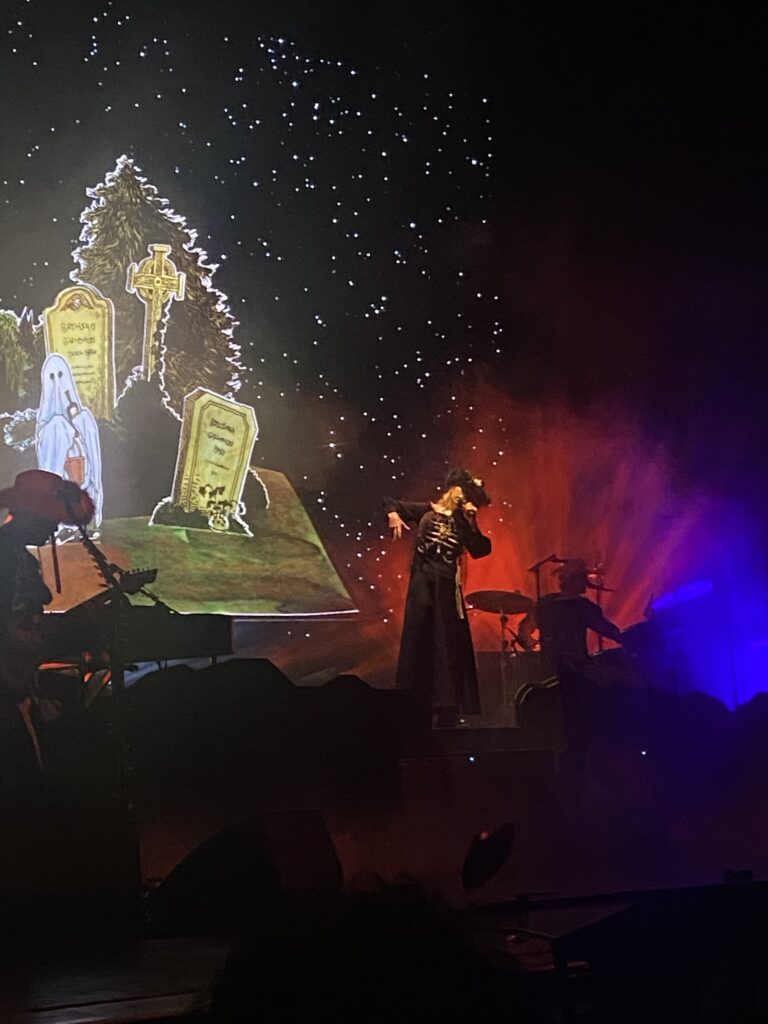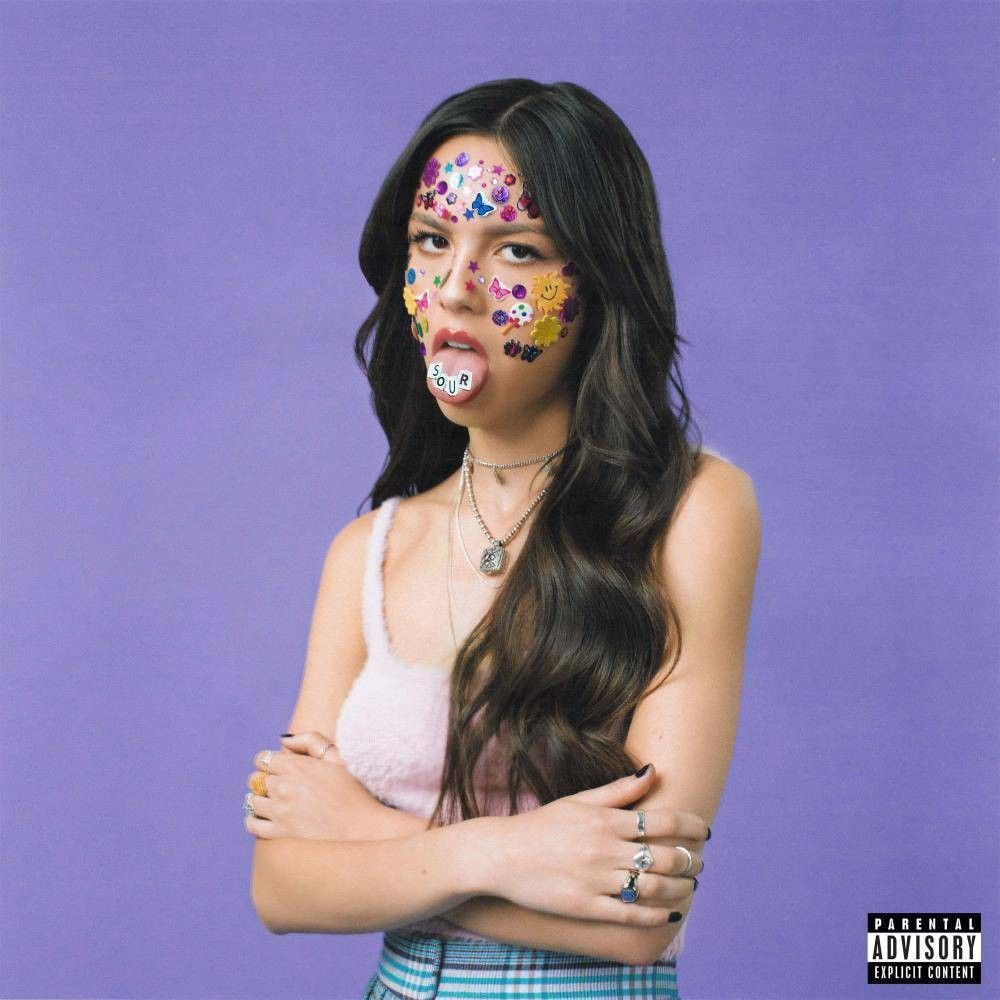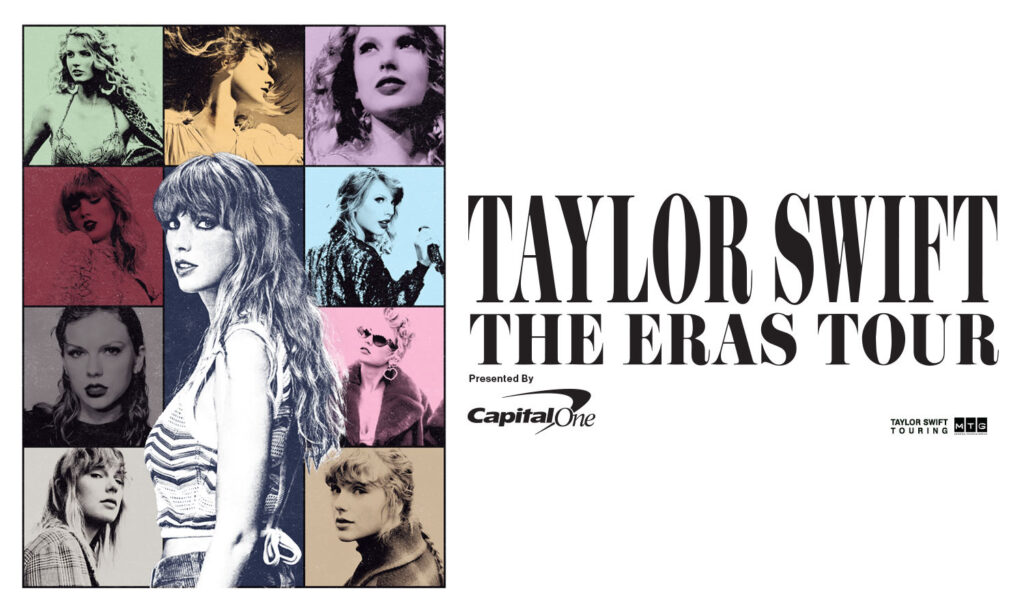
The concept of Taylor Swift’s latest tour has attracted tens of millions of people intending to buy tickets. The Eras Tour is comprised of songs from all of Swift’s albums, including her latest album Midnights. The tour encompasses 52 shows across the United States, with predictions for it to be the highest-grossing tour ever. Most of the 52 stadiums across the country would be using Ticketmaster; However, shows in Arlington, TX, and Glendale, AZ, were set to use SeatGeek. Ticketmaster stated that over 1.5 million people had received Verified Fan Presale codes, for which Swift released a registration code on her social media accounts. Ticketmaster added that there would be a separate sale for CapitalOne cardholders. Fans were assured that Ticketmaster and SeatGeek could handle the massive demand, but when the sale began, it proved otherwise.
I registered for a presale code about a week before the sale date. When it became the big day, around an hour before the release of tickets, I was in psychology, stressing about the worst. Unfortunately, my suspicions and worries had become fulfilled. Since the AT&T stadium is partnered with SeatGeek, that was where I had to buy tickets instead of Ticketmaster. I entered the SeatGeek queue at 10 am, maybe a few minutes before. For the remaining duration of the class, my queue bar remained unmoved. It had come to my attention that SeatGeek paused the line due to “unforeseen demand,” which was most likely to prevent the crashing of the website. When I returned to my dorm, my queue resumed its movement, but VERY slowly. After two hours of waiting for my roommate and I’s bars to grudgingly progress, my roommate advanced to buy tickets for the show on 3/31 in Arlington.
For three and a half more hours, I sat in my bed and continued waiting for my chance to buy tickets for the show on 4/1 in Arlington. After all of that time, my bar, not even reaching the halfway mark, disappeared from the website. SeatGeek failed to release a statement, so out of confusion and exhaustion, I threw in the towel and left the queue. However, two hours later, thinking I was not going to get tickets, I got a text from my friend who I was supposed to go with saying that she somehow got us two tickets! They may be the worst seats in the stadium, but I am happy that I even get to go. I can confidently say, however, that this was the worst ticket-buying experience of my life. Fees should not equal the cost of a ticket, and it should not feel like war when attempting to get one.
However, a considerable number of fans did not get tickets. According to Ticketmaster, an estimated 14 million people entered the queue compared to the anticipated 1.5 million. After the chaotic nature of both the Verified Fan presale and the CapitalOne presale, Ticketmaster released a statement. They declared, “Due to extraordinarily high demands on ticketing systems and insufficient remaining ticket inventory to meet that demand, tomorrow’s public on-sale for Taylor Swift | The Eras Tour has been canceled.” This means that if you hadn’t already gotten tickets for Swift’s tour, you were out of luck and must go through resellers. Fans of Swift understandably feel outraged with Ticketmaster’s handling of the sale. Swift released a statement on Instagram expressing her fury and disappointment with the company. She assured she is “trying to figure out how this situation can be improved moving forward.” Swift also stated her hope for future additional concert opportunities.

